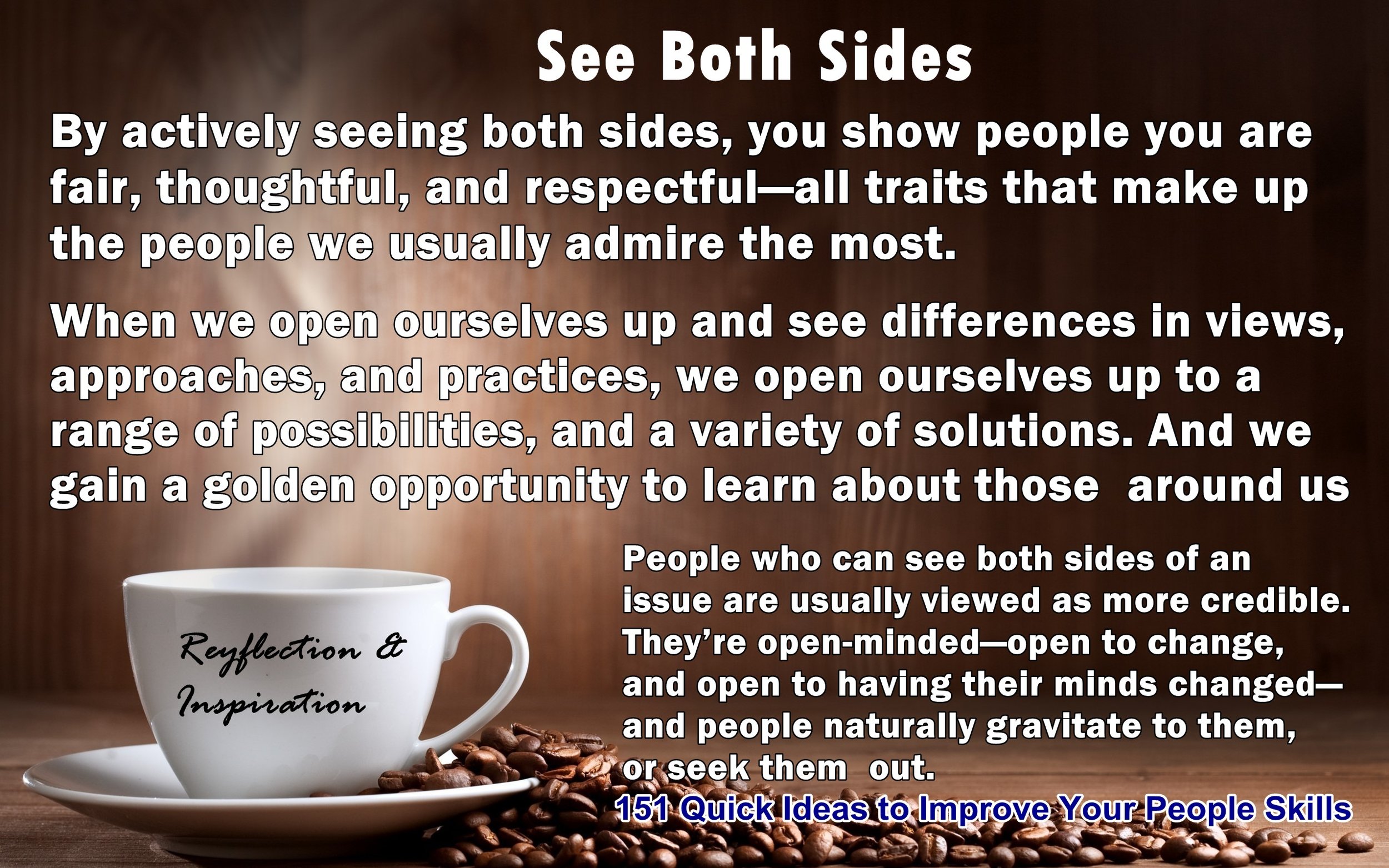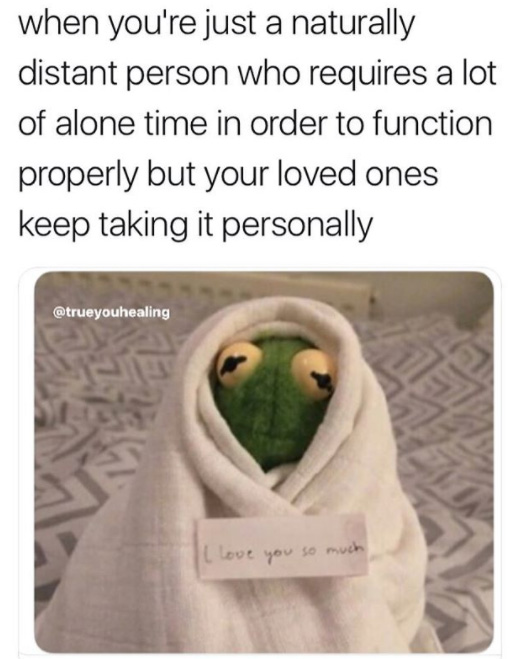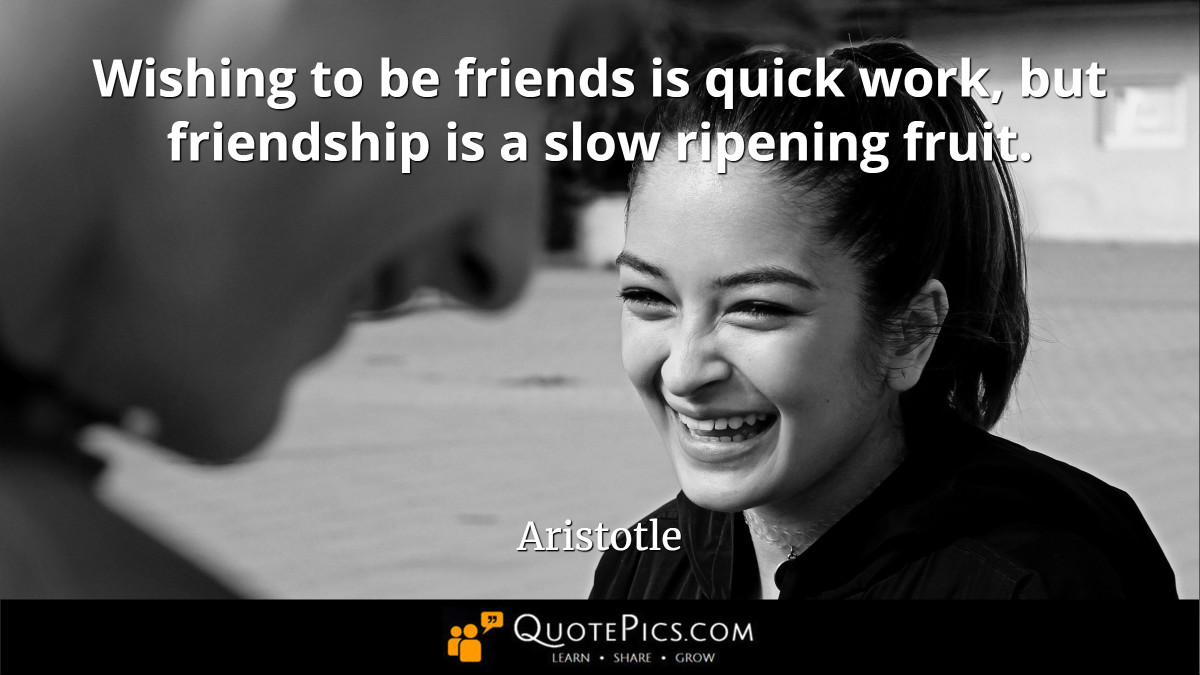Most of us know someone who keeps themselves so busy they are literally exhausted all of the time. They complain frequently about how much they have to accomplish in a short period of time, always seem stressed, rushed and keep packing more and more into their schedule. They are frequently late or flaky because they always imagine things will take less time than they really do, and they also have trouble saying no.
Clearly these people are popular, as there is unlimited demands on their time. So if you want to steal a moment of their time, it has to be on their terms. And it usually does feel like you are stealing their time, to be honest. They might invite you over for a coffee, and when you arrive they aren’t prepared for your visit. They do make the coffee, however they don’t sit to drink it with you. They are busy rushing around getting ready for their next meeting, doing the dishes, pre preparing dinner and making quick phone calls to confirm appointments. They spend the whole time talking about themselves and how busy they are and all that they have to do, that you feel guilty for even being there despite the fact that they invited you.
This is the friend who always calls you when they are driving. Although the conversation probably will return to them and how busy and stressed they are, this is your best chance of actually telling them about yourself. However usually you can’t help but feel that if you hadn’t of answered they would have called someone else, and actually you often wonder if you were the first person they called? Probably not!
To add insult to injury, this friend often tells you all about their busy and exciting plans with other people. It is lost on them that they are always too busy to give you any quality time, because they are so busy giving it to the people they clearly like more than you. No, they can’t spend money with you as they are saving for the girls trip with work friends next month, or they can’t come to your dinner party because it is date night, but they can maybe come over on their way home from work at 5.30pm on Tuesday, except they need to be home by 6pm as it is a weeknight and they have work to catch up on. Chances are they will cancel, but if you’re lucky they might ask you to accompany them to do the grocery shopping instead?
If you do manage to convince them to spend some time with you away from all the things that keep their focus elsewhere, you can bet they will spend more than 50% of that time on their phone. Messaging people, sending a quick email, confirming appointments, playing Pokemon Go, or just scrolling social media. Somehow it always seems impossible to capture their attention. No matter the quantity of the time they give you, the quality is always lacking.
This can be annoying at best, and crushing at worst if you take it personally and decide that your friend really doesn’t value you. Having a friend like this can be draining as you can start to feel it is one sided. Sometimes you look forward to any time they can offer you, however often walk away disappointed and eventually stop enjoying the friendship. You will probably feel reluctant to discuss it because they are already so stressed and appear to hold you at a distance as it is, so bringing up your need for time, the one thing they can’t offer, seems risky.
I have a friend like this, so I decided to ask her about it. Her response was interesting and not really what I had expected. Have you heard the Alanis Morissette song “All I really want”
“Why are you so petrified of silence?
Here can you handle this?
Did you think about your bills, you ex, your deadlines
Or when you think you're going to die?
Or did you long for the next distraction?”
Basically my friend said she keeps busy in many ways not to avoid me or her other friends, but more so to avoid herself. Keeping busy is a mental health strategy for her, a coping mechanism of sorts, to stop her from over thinking. To stop her falling into the silence. Low self esteem and self worth has her believing she has to be all things to all people and that nobody would care to spend more than an hour with her anyway. It’s a way of avoiding rejection and pain. She also speculated that she may have undiagnosed ADHD. I do wonder…. Lol
My friend feels she needs to always be doing something to justify her worth in this world. The more helpful you are, the more people value you. The more she achieves the more accomplished she feels. She seemed oblivious to the fact that her actions were actually sometimes hurting the people she was trying to impress. She was aware though that she often ended up letting people down by over scheduling herself and always being late and needing to leave early so she could repeat the process for the next person.
Although she uses this as a mental health strategy she was also able to articulate that it leaves her exhausted and drained too and feels like mentally she never stops. She seemed to be afraid that if she stopped, nobody would notice or care. And when she does finally start unwinding, being on her phone is a way to relax. Even if she is still planning her next move, she isn’t as stressed once it is arranged.
She said I need to look at it differently. She said I should feel happy that she is comfortable enough with me to be completely herself. To let me see her in her pyjamas in her messy house as she prepares for the day. That it is a compliment that I am on the list of people she calls in the car when she finally gets a moment to herself. That the silences between us aren’t awkward if she is on her phone in my company.
You know what? I see her point and I am sad for her that she feels the need to keep so busy to distract herself from pain and emptiness inside. I’d much rather talk about it than avoid it. And I am so grateful that she opened up enough to explain it to me her way without getting mad or defensive. I guess we are different in that way – I like to talk things out, whereas she prefers to ignore it. Neither provides a solution, both are just how we deal with things.
The problem seems to be that I don’t feel valued when she doesn’t make time to listen to me I suppose. Talking is how I connect emotionally and when conversation is lacking, surface level, consistently interrupted or no space is made for me to talk about myself, I feel disconnected. Because of the way I am, I don’t like to call her and say “I need to talk” but she says if I did that, she would make the time to listen.
What I have learned with this friend is just to take what she offers me with gratitude. Not to take it personally and to ask for her attention when I need it. Not to criticise her, by saying “You’re not paying attention to me.” But just to say “Hey, can you sit down for a minute, I need to talk about this.” I also take it upon myself to plan fun things for us as quality time. Not to talk or to keep busy, a way we can both unwind. I am forgiving when she is on her phone, and she puts up with my occasional neediness. Compromise.
I can look forward to her calls, but I can also ignore them if I’d rather do something more enjoyable than fill her space. She wont take it personally. Lucky she’s not my only friend. But also lucky that she is my friend.
❤ Love,
Your Best Friend ForNever
xx











































































































